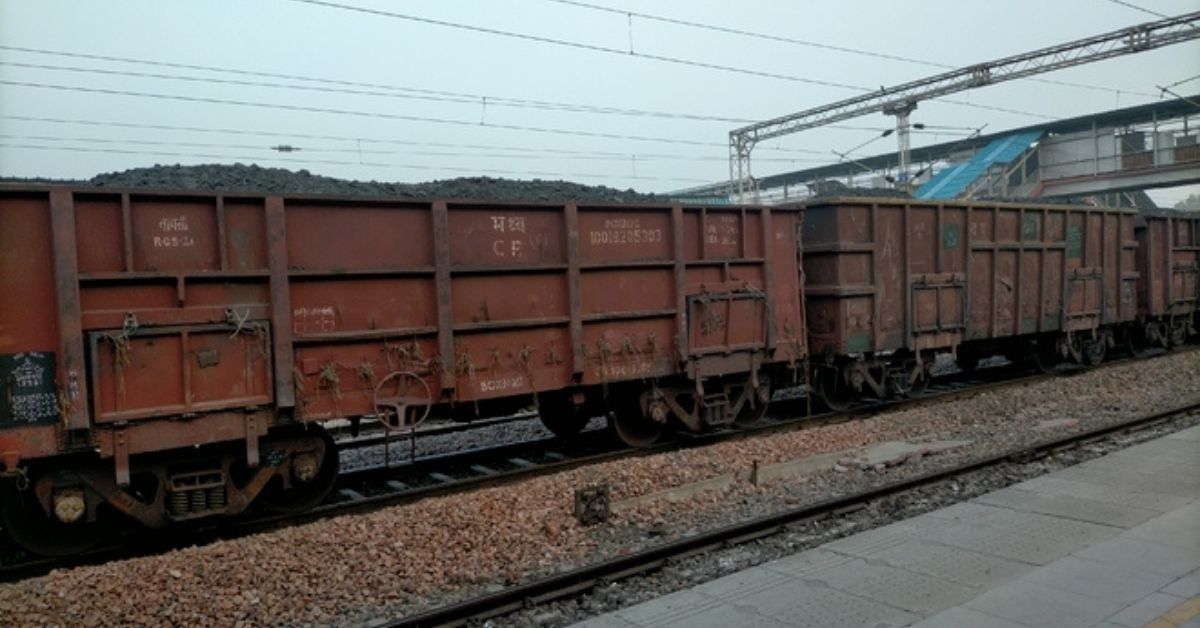State-run power generators – both Central PSUs and state government utilities have been instructed by the Union ministry of power to expand their railway rakes fleet for coal evacuation from the mines. In a letter to NTPC, DVC and six state government units, the ministry said while the railways was taking steps to procure additional rakes, gencos should take steps to procure their own rakes to address the problem of coal supply logistics.
The railway ministry already has a scheme — General Purpose Wagon Investment Scheme (GPWIS) — under which users can buy and own their own rakes. In fact, NTPC has already procured some rakes under the scheme.
The GPWIS, launched in 2018, offers a rebate of 10% on the base freight on each loaded wagon for a period of 15 years.
Stating that the power ministry has been working persistently to ensure that power requirement of every state is met and is constantly monitoring the fuel supply and power supply situation in the country, the letter stated that the country is witnessing increasing demand for power.
“Although the coal supplies have increased, the domestic coal supply has not been commensurate with the demand and is not able to match the consumption, resulting in depletion of stocks at thermal power plants. And one of the constraints noted is the availability of rakes,” the letter said, adding that the shortage of rakes from Coal India Limited sidings is about 20 rakes per day (RPD).
“To bridge the shortfall of 20 RPD, it is suggested that initially 76 rakes will be procured by gencos under GPWIS scheme, which would translate to availability of 19 rakes per day (RPD), considering wagon turnaround of four days,” the letter stated.
As per the plan suggested by the power ministry, NTPC should procure 20 rakes, while the DVC should own 8 rakes. State gencos of Maharashtra and Andhra Pradesh have been advised to purchase 10 rakes each, while Rajasthan and Punjab have been asked to procure 9 rakes each. State generators in Uttar Pradesh and Haryana have been advised to purchase 5 rakes each.
It may be mentioned that in April this year, the country witnessed a severe coal shortage at most thermal power plants amid a surge in power demand due to an early summer and the opening up of the economy after two years of Covid-induced lull. The daily average peak demand in the first half of April was more than 194 GW and a severe coal shortage of coal on the domestic left most generators with a depleted inventory which could last them just a few days against the required stock of at least 21 days. The coal shortage was compounded by a shortage of rail rakes, forcing the Railways to cancel passenger trains to make way for freight trains.
The coal crisis was augmented when global prices of the dry fuel shot up manifold due to the supply disruptions in the wake of Ukraine-Russia conflict. To tide over the emergent crisis, the power ministry issued advisories to all domestic coal-based power plants to import coal and start blending to the extent of 10% to meet their requirements and followed it up with an ultimatum that if they do not start importing coal by the middle of June, they would have to import 15% in order to meet the shortfall in the first quarter (April-June 2022) in the remaining period up to October 31.







